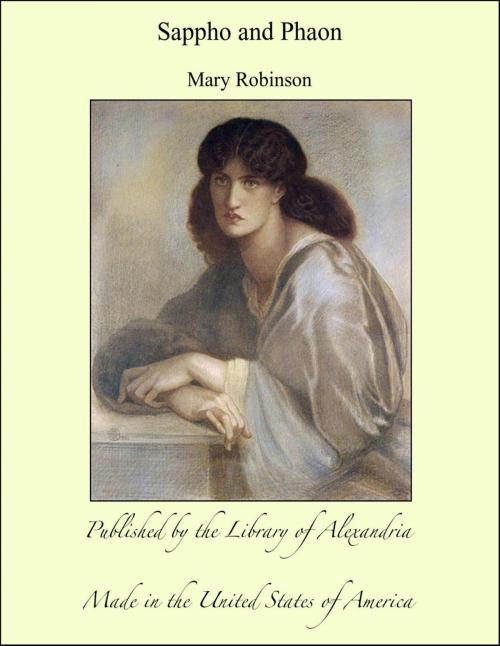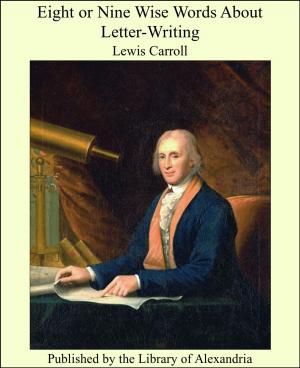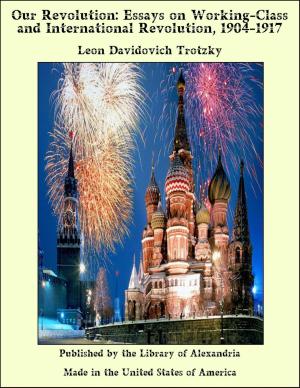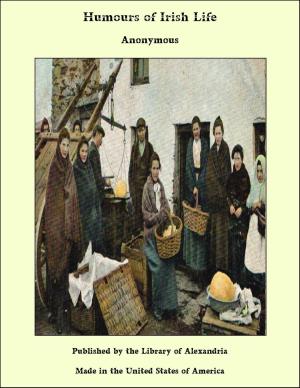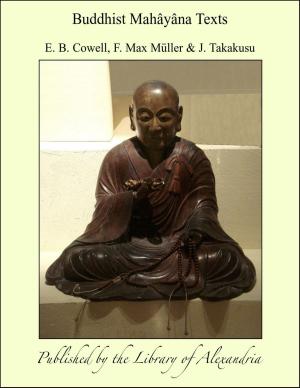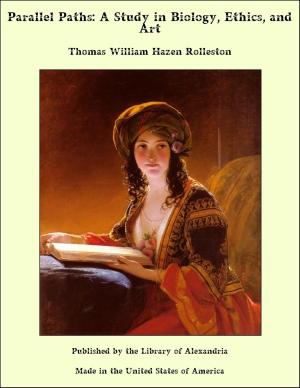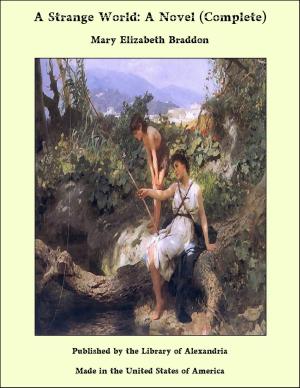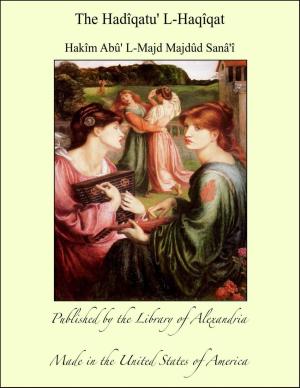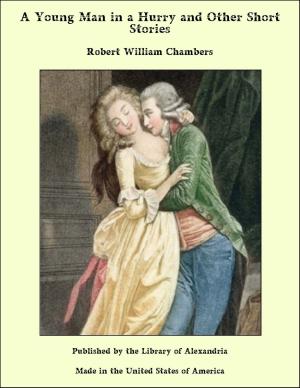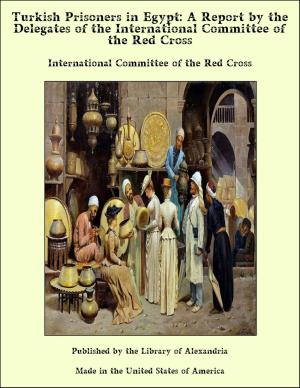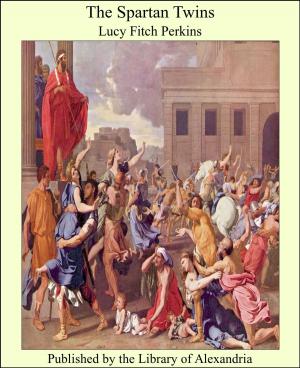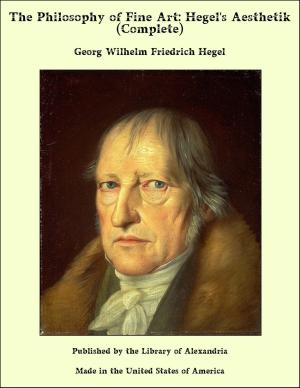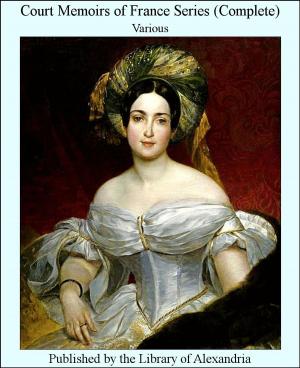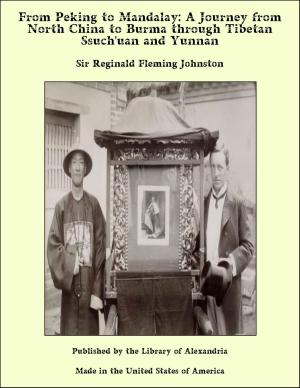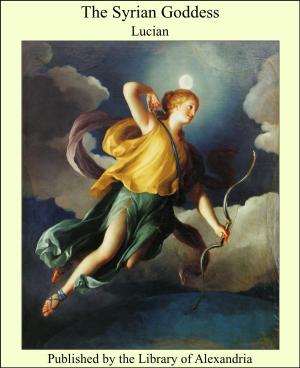| Author: | Mary Robinson | ISBN: | 9781465579638 |
| Publisher: | Library of Alexandria | Publication: | March 8, 2015 |
| Imprint: | Language: | English |
| Author: | Mary Robinson |
| ISBN: | 9781465579638 |
| Publisher: | Library of Alexandria |
| Publication: | March 8, 2015 |
| Imprint: | |
| Language: | English |
It must strike every admirer of poetical compositions, that the modern sonnet, concluding with two lines, winding up the sentiment of the whole, confines the poet's fancy, and frequently occasions an abrupt termination of a beautiful and interesting picture; and that the ancient, or what is generally denominated, the Legitimate Sonnet, may be carried on in a series of sketches, composing, in parts, one historical or imaginary subject, and forming in the whole a complete and connected story. With this idea, I have ventured to compose the following collection; not presuming to offer them as imitations of Petrarch, but as specimens of that species of sonnet writing, so seldom attempted in the English language; though adopted by that sublime Bard, whose Muse produced the grand epic of Paradise Lost, and the humbler effusion, which I produce as an example of the measure to which I allude, and which is termed by the most classical writers, the legitimate sonnet. O Nightingale, that on yon bloomy spray Warblest at eve, when all the woods are still, Thou with fresh hope the lover’s heart dost fill, While the jolly hours lead on propitious May. Thy liquid notes that close the eye of day First heard before the shallow cuccoo’s bill, Portend succes in love; O if Jove’s will Have link’d that amorous power to thy soft lay, Now timely sing, ere the rude bird of hate Foretel my hopeless doom in some grove nigh, As thou from year to year hast sung too late For my relief, yet hadst no reason why: Whether the Muse, or Love call thee his mate, Both them I serve, and of their train am I.
It must strike every admirer of poetical compositions, that the modern sonnet, concluding with two lines, winding up the sentiment of the whole, confines the poet's fancy, and frequently occasions an abrupt termination of a beautiful and interesting picture; and that the ancient, or what is generally denominated, the Legitimate Sonnet, may be carried on in a series of sketches, composing, in parts, one historical or imaginary subject, and forming in the whole a complete and connected story. With this idea, I have ventured to compose the following collection; not presuming to offer them as imitations of Petrarch, but as specimens of that species of sonnet writing, so seldom attempted in the English language; though adopted by that sublime Bard, whose Muse produced the grand epic of Paradise Lost, and the humbler effusion, which I produce as an example of the measure to which I allude, and which is termed by the most classical writers, the legitimate sonnet. O Nightingale, that on yon bloomy spray Warblest at eve, when all the woods are still, Thou with fresh hope the lover’s heart dost fill, While the jolly hours lead on propitious May. Thy liquid notes that close the eye of day First heard before the shallow cuccoo’s bill, Portend succes in love; O if Jove’s will Have link’d that amorous power to thy soft lay, Now timely sing, ere the rude bird of hate Foretel my hopeless doom in some grove nigh, As thou from year to year hast sung too late For my relief, yet hadst no reason why: Whether the Muse, or Love call thee his mate, Both them I serve, and of their train am I.
